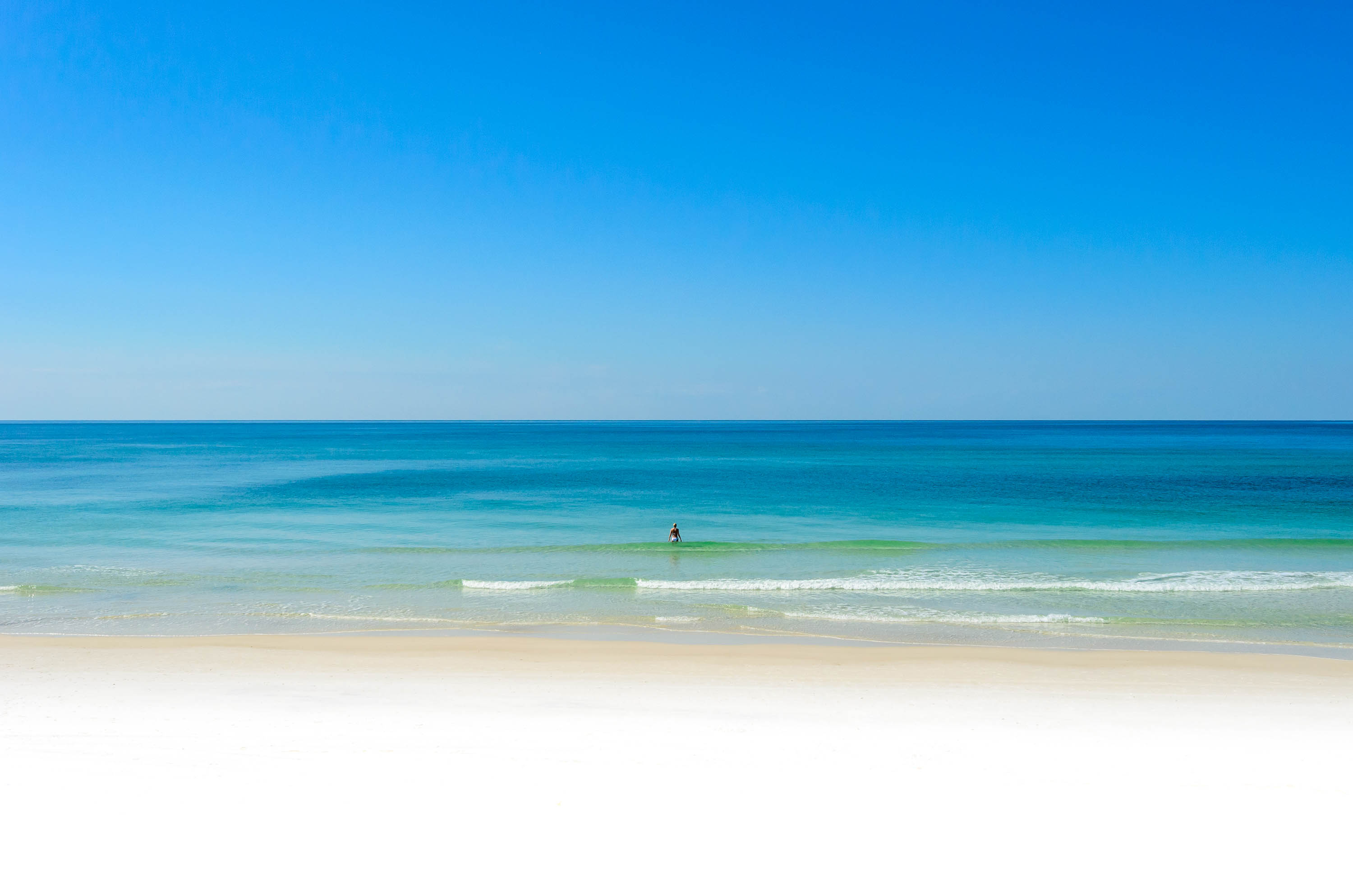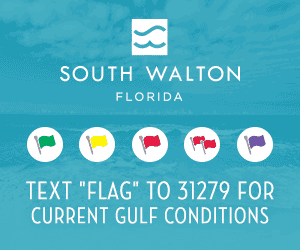Still in short supply in a lot of areas. Mr. Mouse had to get to Ft. Walton before he saw anyone open. Reportedly, they've had problems getting fuel barges through the intercoastal, and they've had more mechanical problems with barges than usual.
On the bright side, I've heard that the Citgo terminal in Niceville is getting barges back in, as is the Panama City terminal.
Article from the Pensacola News Journal (if this doesn't work, google Pensacola Gas shortage) The PNJ site is down right now, or I'd just direct link.
http://64.233.161.104/search?q=cach...1/507180323/1006+pensacola+gas+shortage&hl=en
Gas drain reveals inventory shortage
State gets only about half supply of 1999
Paige St. John
News Journal capital bureau
This was a common sight during the buildup to Hurricane Dennis.
News Journal file photo
ADVERTISEMENT
Following the gasoline routes
The majority of Florida's fuel comes by water, and just-in-time inventories make the state vulnerable to disruptions.
Here's how the supply chain looks:
Pensacola, Niceville, Freeport and Panama City: Receive fuel barges from Gulf Coast refineries, including Galveston, Texas; Pascagoula, Miss.; and Mobile. Fuel delivered by truck to Panhandle retail stations. Truck deliveries also come from a pipeline that ends in Bainbridge, Ga.
Port Everglades: Receives fuel from the Bahamas and refineries around the world. From there, trucks supply the Miami-Dade metropolitan area and southeastern parts of the state.
Jacksonville: Receives fuel by tanker from the Northeast United States and some overseas shipments. From there, trucks supply much of north Florida.
Port of Tampa: Fuel arrives by barge from Gulf Coast refineries, including Galveston, Pascagoula, Mobile and Mississippi River locations. Gasoline is distributed by truck to southwestern Florida and by pipeline to Orlando.
Source: Gannett News Service reporting
TALLAHASSEE -- Five days before Hurricane Dennis came ashore, the gasoline stations on Pensacola's evacuation routes began to run dry.
Lori and Bruce Fehr were filling every empty non-combustible container they could find.
"Basically, it's like now we know what to do," said Lori, a Pensacola attorney who learned her lessons from Hurricane Ivan. "We know where our flashlights are, we know what kind of food to stock up on, we know to buy gas for our generators."
By the time Fehr and her family fueled four cars and an assortment of gas cans, shortages extended across the Panhandle. Emergency planners in Tallahassee reported dry tanks 150 miles east in Marianna, still two days ahead of Dennis' forecast arrival.
Oil industry economists hired to conduct an anti-trust investigation for the state blame the industry for low gasoline supplies.
The state consultants say low inventories raise competition for wholesale supplies and boost pump prices. And, they say, low inventories pass the risk of market disruptions such as barge accidents and hurricanes to the consumer.
"Prior to the late 1990s, the companies carried sufficient inventories to act as a buffer to prevent substantial price spikes when such events occurred," economists Keith Leffler and Peter Ashton wrote in the anti trust report to Attorney General Charlie Crist. "Such disruptions now, inevitably, lead to large transitory price increases (price spikes)."
Dave Mica, executive director of the Florida Petroleum Council, which represents major oil suppliers, said without a refinery or pipeline in the state, there is no way to supply enough inventory to support "panic" buying in the face of an emergency like Dennis.
"It's unreasonable to expect everyone in Florida who wants to can suddenly get in their car and go," Mica said.
Gov. Jeb Bush wants to arrange a meeting with oil industry executives to help address the problem.
"My attitude is, if we're asking people to leave, we need to make sure that they have the ability to do so," Bush said. "To just say we can't solve this without trying is wrong."
Low supplies
Federal records show Florida fuel inventories are consistently below what they were in 1999, despite the state's rapid growth and a current appetite for 2.5 million gallons of gasoline a day.
On Friday, the state's stocks hovered at 153.7 million gallons, two-thirds of July 2004 levels and almost half the 1999 high of 286 million gallons.
Add to that 17.3 million people who rely almost entirely on fuel to arrive by barge or tanker. The refineries that load them, controlled by a half-dozen companies, are on the western side of the Gulf of Mexico. The fragile supply line is broken by every passing cyclone.
"You got a real problem," Ashton said.
Ruth Benton agrees.
Fuel deliveries to the independent truck stop she manages were cut in half the same moment more than 1.3 million Gulf Coast residents saw themselves in the five-day bull's-eye of what was forecast as a Category 4 hurricane.
Situated at Exit 5 on Interstate 10 between the state line and Pensacola, the Fleet Travel Center was in the epicenter of a full-scale Florida-Alabama evacuation.
Dennis didn't arrive until July 10, but four days before, Benton received only one delivery of fuel -- half her normal allotment. Same thing on the next day. No gasoline came the day after that.
It was on July 7 that Florida's Emergency Operations Center asked Panhandle residents to conserve, even though fuel supplies were "at normal levels."
By then, the station across the interchange had been empty for a day. Benton was out of regular, and her diesel was being sucked dry by customers arriving with empty paint cans and 2-liter soda pop bottles to fill. Her phone rang with help calls from stranded motorists.
Restocking sluggish
State emergency officials spent the week after Dennis trying to get fuel moving again, unable to order anything. Mississippi and Alabama were doing the same, and Florida saw barges promised to it go elsewhere.
The scenario troubles the governor, who says Florida's thin fuel supplies are now his top pre-hurricane worry. If the easy-to-reach Panhandle ran dry, what would happen if a storm threatened the more densely populated peninsula?
"The South Florida scenario is a very dramatic one, given that it is in the bottom of the funnel, if you will," Bush said.
Petroleum companies say they voluntarily boosted state inventories 7 percent for hurricane season. Even so, tank farms remain below 1999 levels, and demand continues to surge.
Bush wants more gasoline. He called oil industry executives last week to secure promises for a meeting.
"My intent is really to say, 'Help us,' " Bush said. "How do we get reserves or a supply of gasoline available that can go into select places at the right time? I hope they will accept the challenge."
News Journal capital bureau writer Aaron Deslatte contributed to this story.














